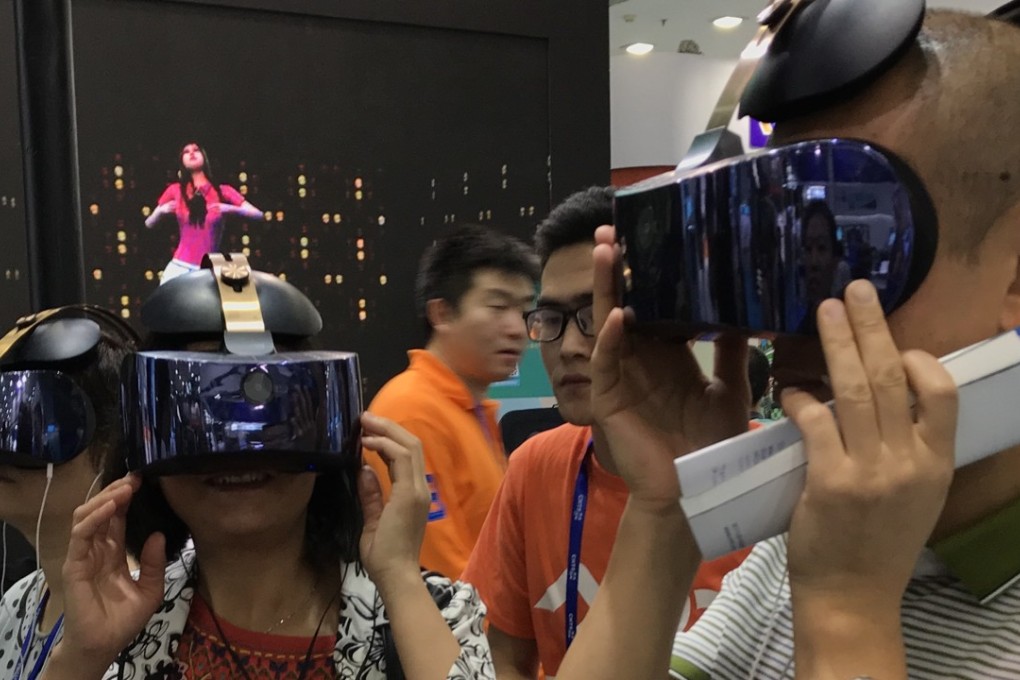China’s iQiyi bets on digital girlfriend to boost virtual reality headset sales
Virtual reality headsets have struggled to take off due to price, cumbersome equipment and lack of content. Baidu’s iQiyi unit is banking on a virtual girlfriend to spur sales among 18-to-35 year-olds.

Ma Xiangli is in the property business, married with a daughter in middle school, and lives in the northern Chinese city of Cangzhou. In his free time, the 37-year-old likes to chat with his virtual girlfriend.
Vivi, as the virtual reality (VR) avatar is known, is the brainchild of Chinese search engine operator Baidu’s iQiyi unit. The Netflix-style video streaming service has ventured into VR and come up with the idea of a virtual girlfriend to entice 18-to-35 year-olds to buy its headset.
In her latest incarnation, Vivi is a Girl Friday who is there to do one’s bidding 24-7. In an earlier version, she was a sweet girl-next-door.
Ma said his wife and 12-year-old daughter do not find Vivi weird, adding that they use the headset sometimes to ask the digital assistant about the latest movies or games.
“For those who stay home a lot, having a virtual companion helps fill a void,” Ma said in an interview at his apartment in Hebei province, about 300 kilometres south of Beijing. “It’s like role-playing a domineering boss and his secretary.”